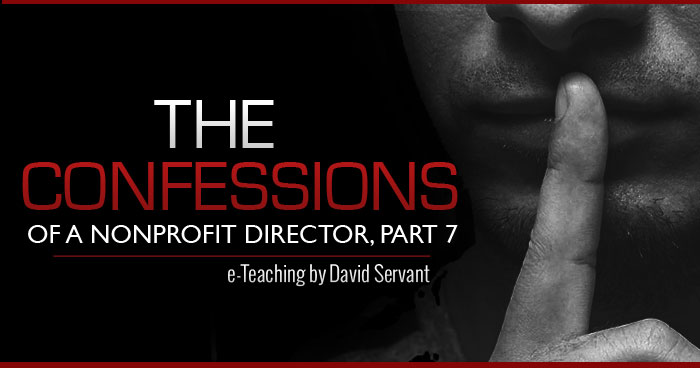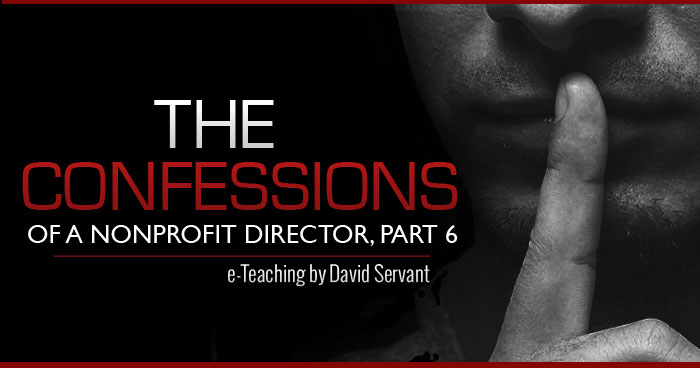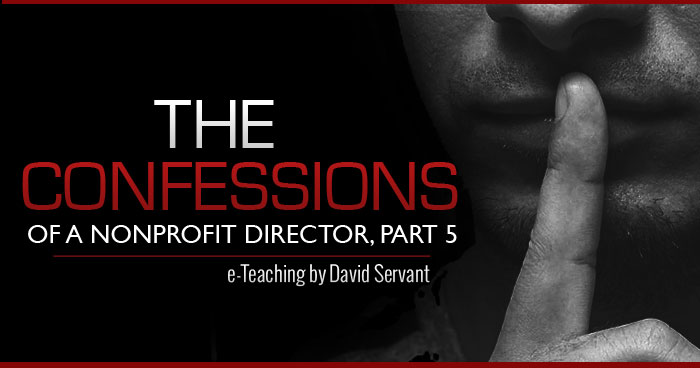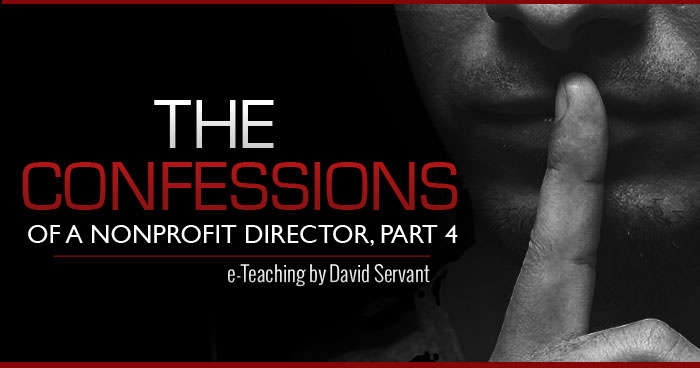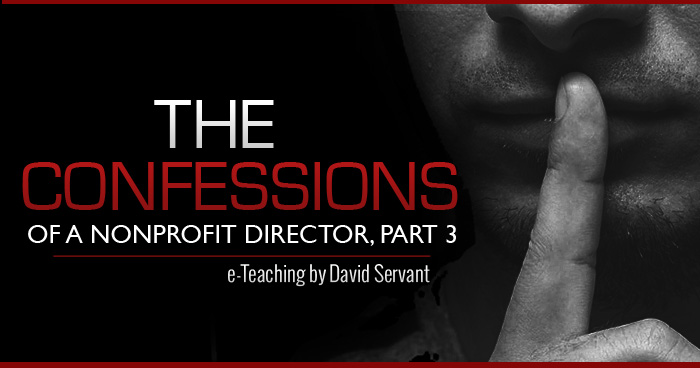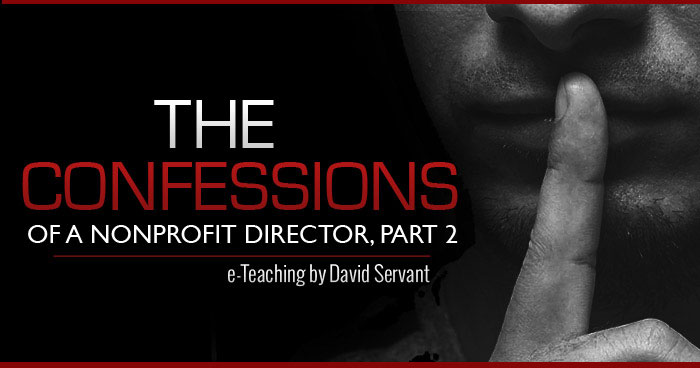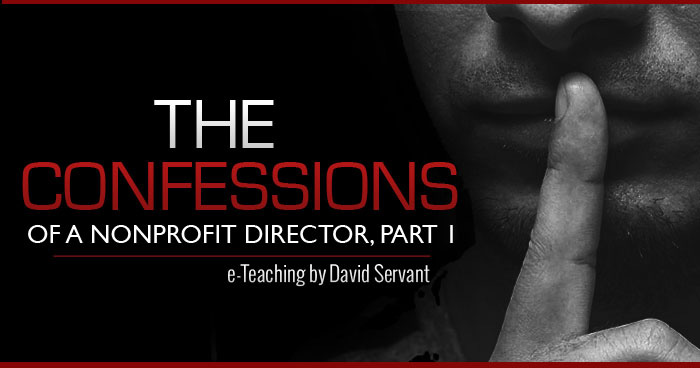Every person is to be in subjection to the governing authorities. For there is no authority except from God, and those which exist are established by God. Therefore whoever resists authority has opposed the ordinance of God; and they who have opposed will receive condemnation upon themselves. For rulers are not a cause of fear for good behavior, but for evil. Do you want to have no fear of authority? Do what is good and you will have praise from the same; for it is a minister of God to you for good. But if you do what is evil, be afraid; for it does not bear the sword for nothing; for it is a minister of God, an avenger who brings wrath on the one who practices evil. Therefore it is necessary to be in subjection, not only because of wrath, but also for conscience’ sake. For because of this you also pay taxes, for rulers are servants of God, devoting themselves to this very thing (Rom. 13:1-6).
I wonder if you are like me. When I read this passage from the Apostle Paul’s letter to the Romans, I think to myself, “Paul, what were you thinking?” Because what Paul wrote obviously isn’t always true. Some rulers don’t seem to be “ministers of God” in any sense. Many practice and promote what God says is evil. Paul himself suffered under corrupt rulers. According to early church historian Eusebius, Paul’s martyrdom by decapitation was due to the decree of one of those corrupt governmental leaders, Roman emperor Nero.



